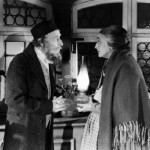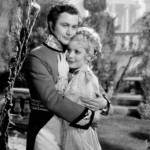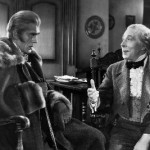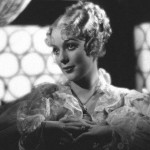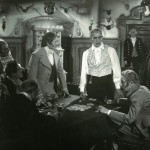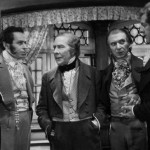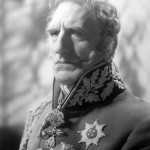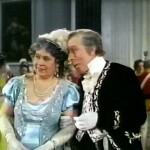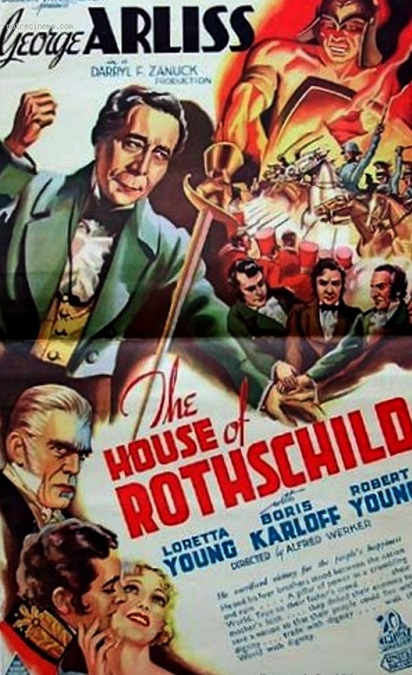
The House of Rothschild – 1934
This was a very interesting movie on several fronts. I generally shy away from historical dramas if I don’t know anything about the real history. When I watch one, I have to do at least a small amount of research to see how historically accurate the film is. This historical drama follows the rise of the Rothschild family as it makes its vast fortune during the Napoleonic Wars.
It started out with George Arliss playing the part of Mayer Rothschild, the father of five sons named Nathan, Salomon, Amschel, Carl, and James. The film shows Mayer as a Jew in the 1760s, in Frankfurt, Germany. He is an honest business man, except that he hides his wealth when the tax collector comes to call. The point is made that the Jews are treated with extreme prejudice that resembled Nazi Germany in WWII.
On his death-bed, Mayer instructs his sons to establish banks in the five capitols of Europe, Frankfurt, Paris, London, Naples and Vienna. Thus, was the first international bank born. Each brother is very successful in his business dealings, each working together to build one of the largest financial empires ever created.
All this took place against the backdrop of the Napoleonic Wars, and as everyone knows, war is good for business. The five brothers became extremely rich when making loans to governments to support the war efforts. And while that is the main focus of the film, the concept of anti-Semitism is also a strong component.
The director, Alfred L. Werker did a very good job of building the tension. The story of the five brothers was a journey that was one of financial success, though there were also setbacks, risks and the possibility of complete and utter ruin. George Arliss also played the part of Nathan Rothschild, the man who opened the bank in London. Though he was the third son, the brothers elected him the head of the family business, so the plot focused on him. Arliss did a good job in playing both parts. In fact, I didn’t even know it was the same actor in the two roles until I did my research.
As I usually like to do with historical films, I did a little reading into the real-life events and found that they were pretty accurate, though they left out a lot of the details in order to present a dramatic interpretation of the events. The film did not say how the brothers established their banks, nor did it mention what they each did to become successful.
Instead, they threw a little sub-plot into the mix concerning Nathan’s daughter Julie Rothschild, played by Loretta Young. She fell in love with the Captain Fitzroy. He was part of the British military, an organization which was being controlled by men who oppressed the Jews, stole their business, and incited discrimination and even criminal activity amongst them. Julie was a completely made-up character. The real Nathan actually had 3 daughters, none of whom were named Julie. But this sub-plot played into the anti-Semitism subject.
Now, at the end of the film, they did something rather interesting, though it was never really explained why it was done. The final scene showed Nathan Rothschild kneeling before the King of England at a formal reception. Not only has he almost single-handedly funded England’s war efforts against Napoleon, but he has saved the British economy and financial empire from utter ruin. He has been made a Baron.
For some reason, this last scene was filmed in three-strip Technicolor. The gowns of the ladies attending the reception, the banners on the walls, the military coats of the gentlemen, everything was in full and vibrant color. It was nice to see a bit of color at the end, but why was it done? It didn’t really make sense with the story, unless they were trying to make it clear that a lot of time had passed since the previous scene. If they could do it, why didn’t they do it for the entire film? If it was too expensive to do, why was it done at all? It left me slightly confused.
All in all, though, it was a good film and I enjoyed watching it. The acting was good, the plot was easy to follow and the pacing was engaging. For some reason, I hadn’t actually expected to like this one, but to my surprise, I really did.
